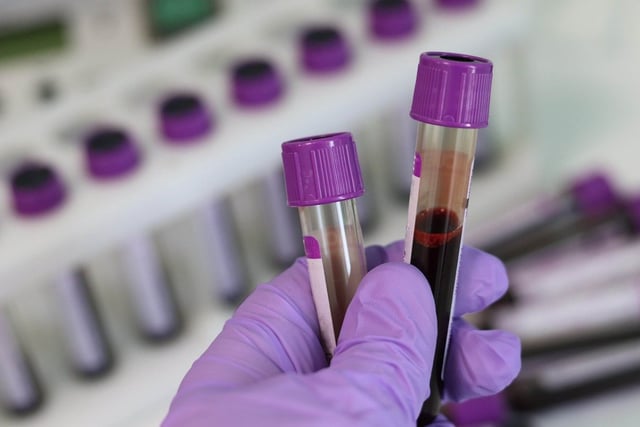Overview
- Researchers trained separate machine-learning models for 10 autosomal dominant conditions using more than 1.3 million electronic health records and routine lab values.
- The approach generated 0–1 “ML penetrance” scores for 1,648 rare variants across 31 genes, estimating how likely each variant is to cause disease.
- Real-world data indicated some variants labeled uncertain showed clear disease signals, while others long considered pathogenic showed limited measurable impact.
- Higher scores aligned with differences in clinical measures such as cholesterol levels, heart rhythm and kidney function, offering phenotype-linked risk insight.
- The team says clinical use will require expansion to additional diseases and variant types, inclusion of more diverse populations, and longitudinal outcome tracking.
